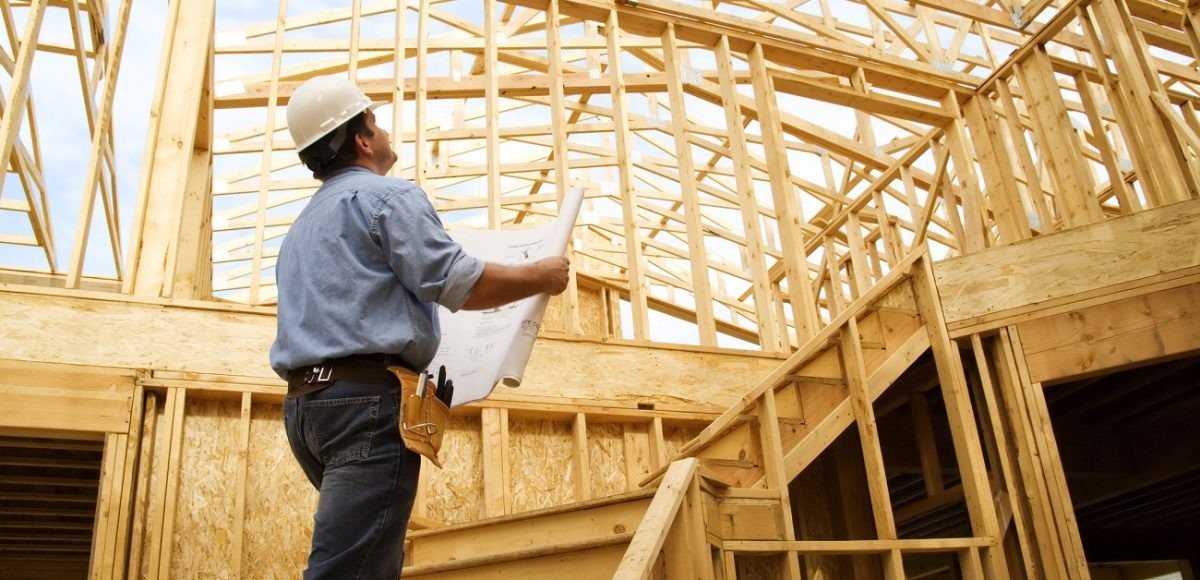When it comes to home ownership, one of the most significant concerns is the structural integrity of your property. Structural issues can lead to serious safety hazards, costly repairs, and decreased property value. Understanding and addressing these problems early is crucial for maintaining a safe and comfortable home. In this post, we’ll explore common structural issues, their causes, and how a home inspector houston tx can help you identify and manage these challenges.
What Are Structural Issues?
Structural issues refer to problems that affect the integrity and stability of a building. These can range from minor concerns to severe problems that can compromise the entire structure. Some common types of structural issues include:
- Foundation problems: Cracks, settling, or shifting foundations.
- Framing issues: Damage to the beams, joists, or walls that support the structure.
- Roof problems: Issues with the roof’s framing, support, or covering.
- Moisture damage: Water intrusion that leads to rot or mold.
Why Are Structural Issues Important?
Understanding and addressing structural issues in your home is essential for several reasons:
- Safety: Compromised structures can pose safety risks, such as collapsing walls or roofs.
- Cost: Ignoring structural problems can lead to more significant damage and more expensive repairs down the line.
- Property Value: Structural issues can significantly decrease your home’s value, making it harder to sell in the future.
Common Causes of Structural Issues
Structural issues can arise from a variety of factors. Here are some common causes:
1. Poor Construction Practices
Sometimes, structural issues stem from inadequate construction methods or materials. Homes built with subpar materials or without adhering to building codes may develop problems over time.
2. Soil Conditions
The type of soil on which your home is built plays a crucial role in its structural integrity. Expansive clay soils can shift and swell with moisture changes, leading to foundation problems. Similarly, poorly compacted soil can cause settling.
3. Water Damage
Water intrusion can lead to serious structural issues. Leaky roofs, broken pipes, or inadequate drainage systems can cause wood rot, mold growth, and weakening of foundational elements.
4. Age of the Home
Older homes may naturally develop structural issues due to wear and tear over time. Regular maintenance can help mitigate these problems, but aging homes may still need additional attention.
5. Natural Disasters
Earthquakes, floods, and heavy storms can severely impact a home’s structure. Depending on the severity of the event, significant repairs may be necessary.
Signs of Structural Issues
Recognizing the signs of structural issues early can save you from costly repairs and safety hazards. Here are some common indicators to watch for:
Cracks in Walls and Ceilings
Horizontal or vertical cracks in walls or ceilings can indicate foundation problems. Pay attention to cracks that appear suddenly or those that widen over time.
Uneven Floors
If you notice sloping or sagging floors, it could be a sign of compromised structural support. This may indicate issues with the foundation or framing.
Doors and Windows That Stick
When doors or windows are difficult to open or close, it can be a sign of shifting walls or frames. This may result from foundation settlement or structural movement.
Gaps Around Windows and Doors
If you see gaps forming around windows or doors, it could indicate that the framing is shifting or settling.
Water Damage and Mold
Moisture issues often accompany structural problems. Look for signs of water stains, mold growth, or musty odors in your home, especially in basements and crawl spaces.
The Role of a Home Inspector
When it comes to addressing structural issues, hiring a home inspector houston tx is an important step. These professionals are trained to identify potential problems that may go unnoticed by homeowners. Here’s how they can help:
Comprehensive Inspections
A home inspector will conduct a thorough examination of your property, assessing the foundation, framing, roof, and other critical components. They will identify any signs of structural issues and provide you with a detailed report.
Expert Advice
In addition to identifying problems, home inspectors can offer insights into potential causes and suggest corrective actions. Their expertise can guide you in making informed decisions about repairs or maintenance.
Peace of Mind
Having a professional evaluate your home provides peace of mind. You can rest assured that any potential structural issues are being monitored and addressed promptly.
Addressing Structural Issues
If you discover structural issues in your home, it’s important to take action. Here are steps you can take:
1. Consult a Structural Engineer
If significant issues are identified, consult a structural engineer for a detailed assessment. They can provide insights into the extent of the problem and recommend appropriate solutions.
2. Plan for Repairs
Once you have a clear understanding of the issues, create a plan for repairs. Depending on the severity, this may involve:
- Foundation repairs: These can include underpinning, piering, or slabjacking to stabilize the foundation.
- Framing repairs: Reinforcing or replacing damaged beams, joists, or walls.
- Roof repairs: Replacing damaged roofing materials or reinforcing the roof structure.
- Moisture management: Improving drainage systems, fixing leaks, or installing sump pumps to mitigate water intrusion.
3. Monitor the Situation
After repairs are made, continue to monitor the situation. Look for signs of recurring issues and maintain regular inspections to ensure structural integrity.
4. Invest in Maintenance
Regular maintenance is key to preventing future structural issues. This includes:
- Inspecting and maintaining gutters and downspouts.
- Checking for leaks in plumbing or roofs.
- Monitoring soil erosion and drainage around your home.
The Importance of Prevention
Preventing structural issues is much more manageable and cost-effective than addressing problems after they occur. Here are some tips to help you maintain your home’s structural integrity:
Regular Inspections
Schedule routine inspections with a qualified home inspector houston tx. Regular check-ups can help identify potential issues before they become major concerns.
Address Minor Issues Promptly
If you notice minor problems, such as small cracks or signs of moisture, address them as soon as possible. Prompt action can prevent more significant issues down the line.
Maintain Proper Drainage
Ensure that your property has adequate drainage to divert water away from the foundation. This may involve grading the landscape or installing proper drainage systems.
Keep Trees and Vegetation in Check
While trees can enhance the beauty of your property, their roots can cause damage to foundations if planted too close. Regularly assess the placement of trees and remove or trim them as necessary.
Conclusion
Understanding and addressing structural issue in your home is crucial for maintaining safety, comfort, and property value. Recognizing the signs of potential problems and knowing when to call a home inspector houston tx can help you stay ahead of costly repairs.
By taking a proactive approach to home maintenance and repairs, you can ensure your home remains a safe haven for you and your family. Remember, addressing structural issue early is always more manageable than waiting for problems to escalate. Invest in your home’s future by prioritizing its structural integrity today!
Also, read this: Comprehensive Mold Inspection Services in Columbus, OH












Leave a Reply